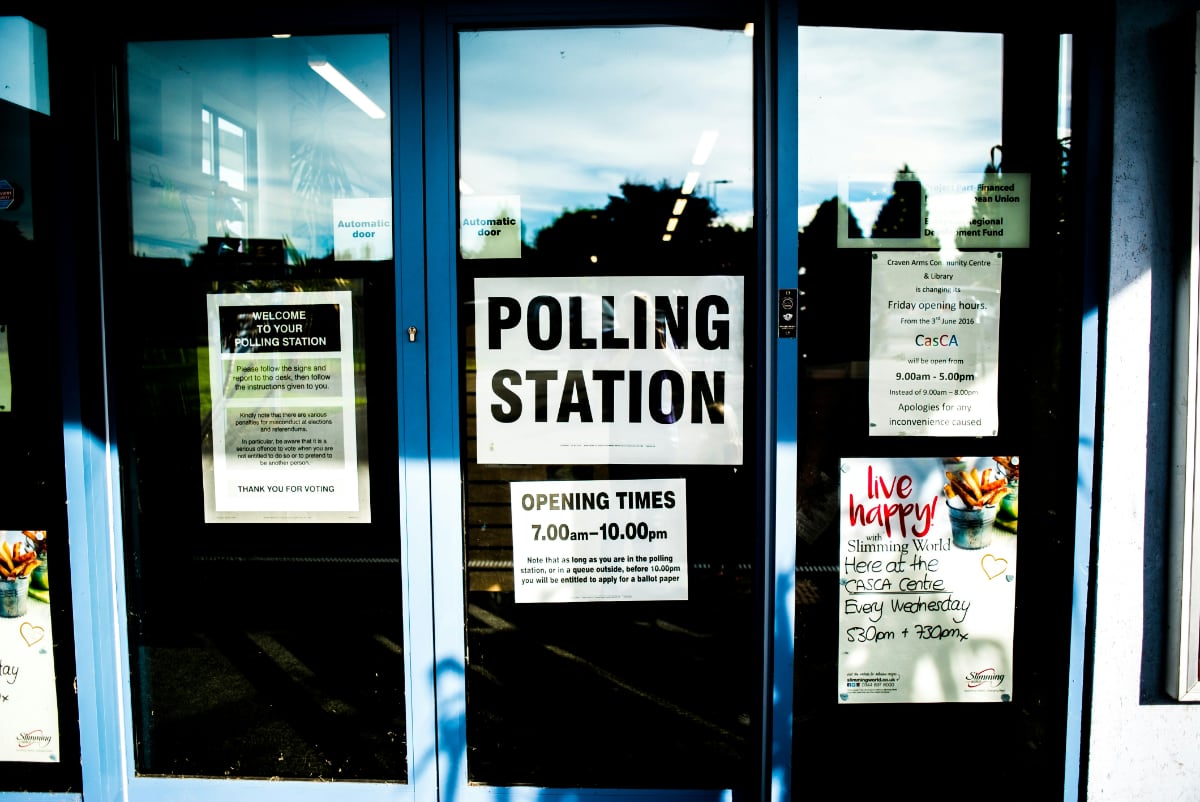Re-entering society after incarceration involves navigating a complex landscape of legal rights and responsibilities. Understanding these rights is essential for rebuilding your life and advocating for yourself effectively. This article provides a comprehensive guide on the legal rights of ex-convicts, including voting, employment, and housing. Additionally, it offers advice on self-advocacy and accessing legal assistance to help you overcome post-release challenges.
Understanding Your Legal Rights
Knowing your legal rights is the first step in ensuring fair treatment and making informed decisions. Here are some key areas where your rights are particularly important:
1. Voting Rights
Voting rights for ex-convicts vary by state. It’s crucial to understand your state’s laws regarding the restoration of voting rights:
- State Variations: Some states automatically restore voting rights upon release, while others may require completing parole or probation, or even additional legal steps.
- Restoration Process: Check with your state’s election office or a legal aid organization to learn about the specific process for restoring your voting rights.
- Advocacy: Engage with local advocacy groups that work on voting rights restoration to stay informed and get support.
2. Employment Rights
Finding employment is a critical step towards successful reintegration. Understanding your employment rights can help you navigate job searches and workplace dynamics:
- Ban the Box: Many states and municipalities have “Ban the Box” laws that prohibit employers from asking about criminal history on initial job applications. Research if these laws apply in your area.
- Non-Discrimination: The Equal Employment Opportunity Commission (EEOC) provides guidelines to prevent discrimination based on criminal history. Employers must consider the nature of the offense, the time elapsed, and its relevance to the job.
- Sealing and Expungement: Explore options for sealing or expunging your criminal record, which can improve employment prospects. Legal aid organizations can help you understand if you qualify and guide you through the process.
3. Housing Rights
Securing stable housing is fundamental for reentry success. Here’s what you need to know about your housing rights:
- Fair Housing Act: The Fair Housing Act prohibits discrimination based on race, color, national origin, religion, sex, familial status, or disability. While criminal history is not explicitly protected, arbitrary discrimination may still be challenged.
- Public Housing: Rules for public housing eligibility can be complex. Some criminal convictions may affect eligibility, but housing authorities also consider factors like the nature and time of the offense.
- Reentry Programs: Look for reentry programs that offer transitional housing or support in finding housing. These programs often provide resources tailored to your needs.
Self-Advocacy: Taking Charge of Your Future
Self-advocacy involves asserting your rights and needs confidently and effectively. Here are some strategies to help you advocate for yourself:
- Educate Yourself: Stay informed about your rights and any legal changes that may affect you. Knowledge is power when it comes to self-advocacy.
- Document Everything: Keep records of all interactions related to your rights, including job applications, housing inquiries, and legal correspondence. Documentation can be crucial if you need to file a complaint or seek legal redress.
- Seek Support: Connect with advocacy groups, legal aid organizations, and support networks. These resources can provide guidance, assistance, and a sense of community.
Accessing Legal Assistance
Navigating legal challenges post-release can be daunting. Accessing legal assistance can help you overcome these hurdles:
- Legal Aid Organizations: Many organizations offer free or low-cost legal services to ex-convicts. These services can assist with issues like record expungement, employment discrimination, and housing disputes.
- Pro Bono Services: Some law firms and attorneys offer pro bono (free) legal services. Look for local pro bono programs that specialize in reentry issues.
- Public Defenders and Legal Clinics: If you cannot afford a private attorney, public defenders and legal clinics can provide essential legal support and representation.
Conclusion
Understanding your legal rights and how to advocate for yourself is crucial for a successful reintegration into society. By educating yourself on your voting, employment, and housing rights, and by accessing legal assistance when needed, you can navigate the post-release landscape more effectively. Remember, you have the power to assert your rights and take proactive steps towards building a stable and fulfilling life.

